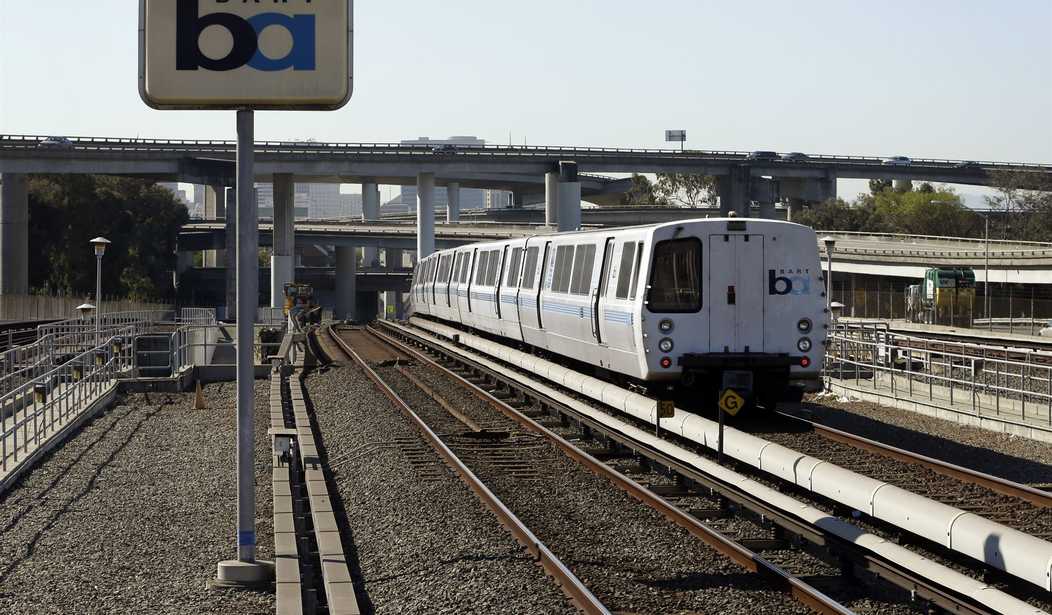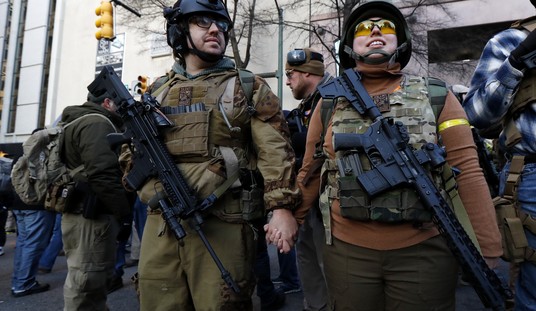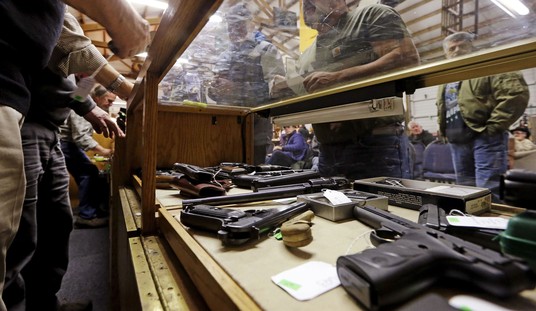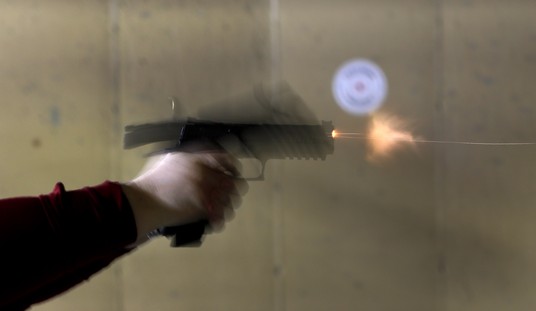If you want to lawfully carry a firearm on a public bus or light rail car in California, you're out of luck. Public transportation is one of the many "sensitive places" where concealed carry has been banned by the state legislature, and so far the federal courts have kept that prohibition in place despite legal challenges.
While the law prevents people from using a legally-carried gun to defend themselves, it hasn't curbed violent crime. On Thursday, a public policy advocacy group and a collective of groups representing Asian American and Pacific Islander residents in the San Francisco area called on Gov. Gavin Newsom to deploy state troopers in and around Bay Area Rapid Transit stations after several recent incidents.
BART statistics indicate that crime rates that rose over the last decade and spiked during the COVID-19 pandemic have been improving this year. But on Nov. 2, a man attacked a 54-year-old woman from behind, slashing her neck, face and mouth as their BART train approached San Francisco’s 24th Street/Mission station. A man with a lengthy criminal record was arrested the next day at Oakland’s Fruitvale station and charged with attempted murder.
And on Wednesday, a man died of an apparent stabbing outside San Francisco’s Embarcadero BART station on Market Street. It was unclear where that deadly encounter originated. But later that day, the Bay Area Council, a business-sponsored, public-policy advocacy group, and a coalition of Asian American-Pacific Islander groups demanded that Gov. Gavin Newsom deploy state troopers “across the BART system to address pervasive violence on trains and in stations.”
Pervasive violence in "gun-free zones"? How can such a thing be possible, especially in a gun-controlled state like California?
Oh, that's right. Violent criminals don't really care about violating BART's policy forbidding weapons on mass transit. It's the law-abiding citizens who are impacted by California's concealed carry ban on public transportation.
Granted, given the Bay Area's historical hostility towards the right to keep and bear arms and all of the barriers that state and local governments have put in place since the Bruen decision came down two years ago, there probably aren't a lot of BART riders with an active carry permit at the moment. Still, that's no reason to deprive those folks from the ability to defend themselves on public transit.
Alicia Trost, BART’s chief communications officer, said Wednesday’s stabbing did not take place at BART and that San Francisco police have given no indication that the victim had any connection to BART, but the transit agency would welcome the strategic deployment of the California Highway Patrol in the areas around stations.
“Overall crime rate is down 12% from the same time last year, and violent crime is down 6%,” Trost said. “Violent crime at BART is very rare, and BART PD’s commitment to holding people accountable for violent behavior is demonstrated by the swift arrests that were made in both incidents cited in the letter.”
Recruiting officers remains challenging for the entire region, Trost said. BART has hired 39 officers for its police department so far this year, reducing the officer vacancy from 29 in January to 18 today.
“Perhaps the most impactful thing that can be done to increase safety presence at BART is the Bay Area Council’s commitment to run a marketing campaign to recruit more police officers, ambassadors, and crisis intervention specialists,” Trost said.
I'd say the most impactful thing that could be done would be scrapping the "gun-free" designation for public transit and allowing riders to protect themselves. No matter how many police officers or crisis intervention specialists BART hires, it's not going to be enough to ensure the safety of its customers. The transit system isn't going to have a cop in every train car or bus, and riders aren't going to have to pass through metal detectors or other manned security checkpoints where illicit weapons could be identified and collected. Public transportation is "sensitive" in name only, and given the pervasive violence that groups like the Bay Area Council are complaining about, it's high time the state gives up on trying to make mass transit "gun-free" and allows lawful carry instead.









